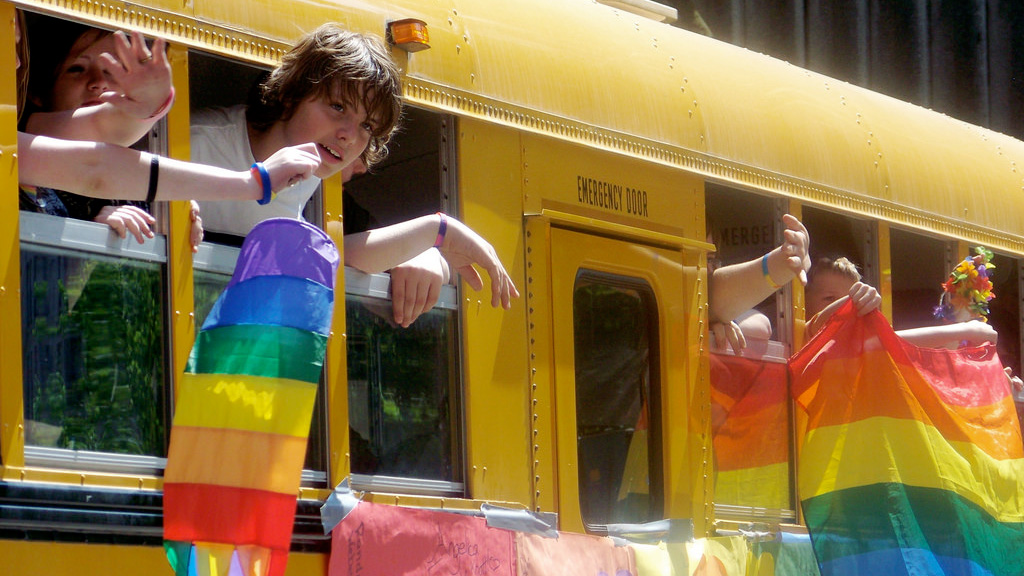 Supplied
SuppliedWhen you think about heritage, what crosses your mind? Traditions? Food? Music? When I think of heritage, I think of all those things — but, I don’t think about politics.
The Edmonton Heritage Festival, however, appears to have lost sight of what heritage truly means. Rather than celebrating the unique traditions of cultural groups, they have fixated on the activities of foreign governments instead.
I’m talking, of course, about the fact that the Edmonton Heritage Festival banned the Russian pavilion from this year’s celebrations. The Edmonton Heritage Festival Association (EHFA) noted that it “received several public requests from both Ukrainian groups and individuals to exclude Russia from the festival.” Presumably, this is due to the ongoing impact of Russia’s war in Ukraine.
In the end, the board explained that, due to the “potential for incidents and potential safety risk,” the Russian pavilion would ultimately be barred from the festival.
While it is understandable that members of the Ukrainian community may feel hesitant about the Russian pavilion participating in the festival, it doesn’t mean that banning it altogether is the right choice.
The Edmonton Heritage Festival is a place for celebrating the histories, songs, dance, and food of many cultures. Banning certain cultures from participating in such a festival — especially if due to political reasons — comes across as a slap to the face of Canada’s official policy of multiculturalism.
Banning the Russian pavilion essentially blames all people of Russian heritage for the Russian government’s violent decisions. This is, obviously, a biased and untrue assumption.
Russian communities in Canada have voiced their support for Ukraine, clearly demonstrating that they do not support Russia’s harmful decisions. Furthermore, hundreds of Russians have quietly voiced dissent even in the politically fraught terrain of their home country. Louder dissenters have faced up to five years in prison. So, not only are many Edmontonian Russians against the Russo-Ukrainian war, but so are many people actually living in Russia.
Even if this weren’t the case, Russians should still be allowed to celebrate their culture.
Considering this, having both Russia and Ukraine at the festival could have been a powerful show of anti-war unity. Of course increased security measures would have been required, but it could have been a chance for Edmonton to show its cultural inclusivity.
I’d hate to think about what the festival would look like if the board continues banning groups with contentious governments. Soon, there’d be no groups left to celebrate.
In fact, it’s not like Canada has a perfect political record — but Canadians have come to understand that they can make space for both critical reflection and celebration when it comes to considering the nation’s past. Perhaps this is a courtesy we should extend to others.




